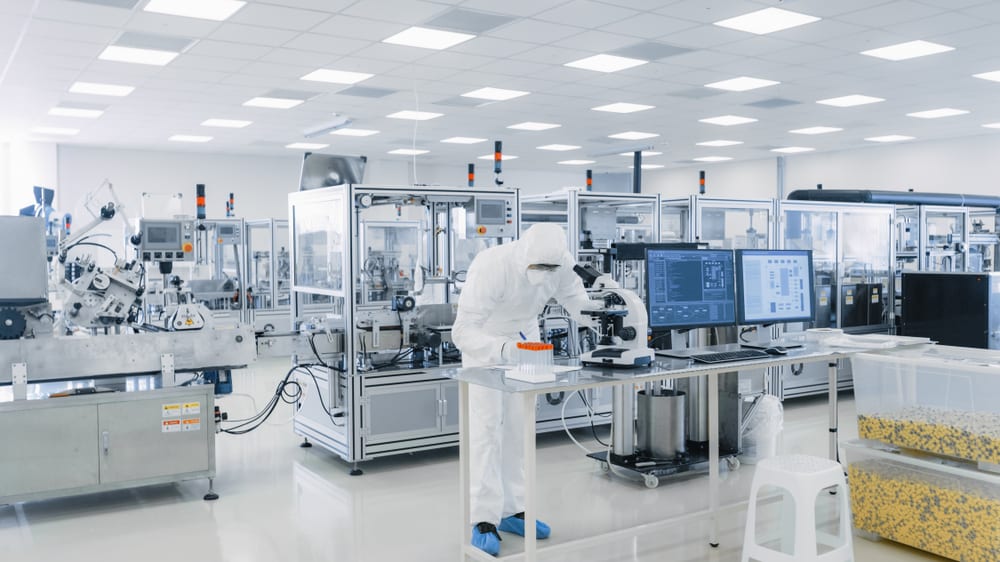As researchers have been testing vaccines and drugs to combat the ongoing coronavirus outbreak, a team of scientists from the University of Pittsburgh reported early results of yet another potential coronavirus vaccine.
The findings of the trials, conducted on mice, were published Thursday in the journal EBioMedicine.
However, much work remains ahead because the vaccine was tested in mice. If the vaccine undergoes human trials and proves to be safe and effective, it could offer some key benefits to people, said senior researcher Dr. Louis Falo.
The experimental vaccine works much like a flu shot. The immune system is exposed to the vaccine that contains lab-made viral proteins, helping the immune system to identify and attack the virus.
Dr. Falo explained that the vaccine can be delivered using a tiny pact of micro-needles that simply dissolve into the skin, meaning it could be produced in bulk, and unlike traditional vaccines, it would not require refrigeration.
Dr. Bruce Lee from the City University of New York, who was not involved in the trials, said a vaccine that requires no refrigeration be easier to produce and distribute on a large scale.
“It’s a huge undertaking to vaccinate a large population as quickly as possible,” Dr. Lee explained, “It’s easy to envision having to move around many vaccine doses.”
Nevertheless, the practicality of any coronavirus vaccine only matters if it actually works, Dr. Lee noted.
Researchers and drug companies are in a race to develop a vaccine against COVID-19, the disease caused by the novel coronavirus.
One such vaccine, known as an mRNA vaccine, is already undergoing human trials, which was developed by the U.S. National Institute of Allergy and Infectious Diseases (NIAID) and Moderna Therapeutics.
Head of NIAID Dr. Anthony Fauci cautioned that it could take up to 18 months for the vaccine to be available.
Dr. Pitt and his team said the new vaccine, similar to the MERS vaccine, produced enough antibodies to nullify the virus in mice studies, showing promising results.
People infected with and recovered from the coronavirus may have immune protection against it over time. However, it is unclear how long the immune protection would last. “Coronavirus can mutate,” said Dr. Lee. “We certainly don’t want this [pandemic] to happen again.”























